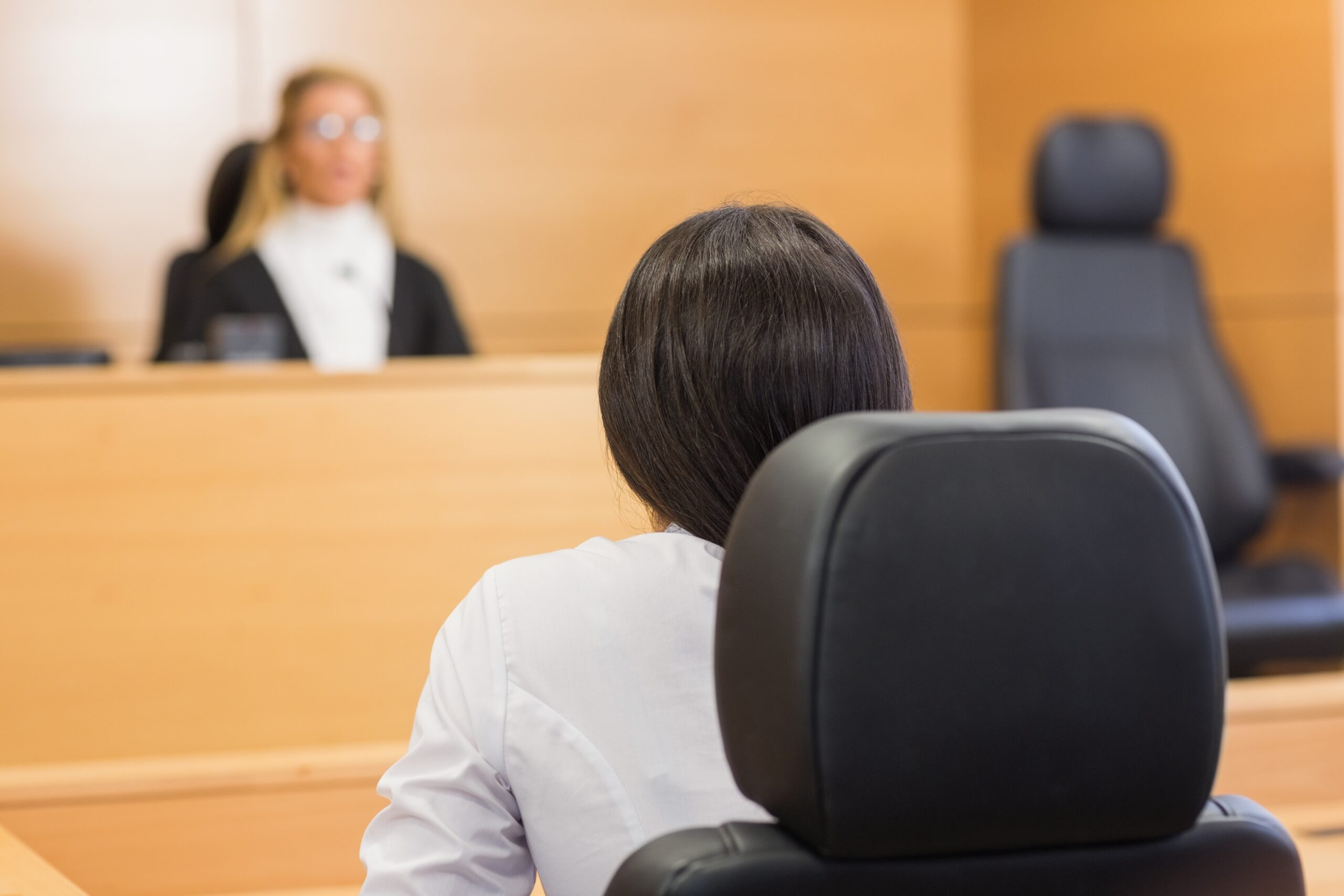If you are facing criminal charges in New Jersey, knowing what to expect at your arraignment is crucial for safeguarding your rights and interests. For more information, please continue reading and connect with a knowledgeable Bergen County Criminal Defense Attorney today.
What is a Criminal Arraignment?
After being apprehended and accused of a crime in New Jersey, an individual will face a criminal arraignment, which is a formal court appearance. Typically, this is the initial opportunity for the accused to stand before a judge. The arraignment serves principally to formally announce the charges levied against the defendant and to guarantee comprehension of their legal rights. The judge will also determine if the defendant should be released or held pending a trial.
Preparing for a criminal arraignment by understanding its proceedings is paramount. Such knowledge allows for well-informed decisions that can positively influence the case and future outcomes. You should note that when it comes to felony cases, the arraignment may be delayed initially after a grand jury returns an indictment.
What Happens During a Criminal Arraignment in NJ?
A criminal arraignment in New Jersey involves several critical procedures, and the details exchanged during this initial appearance can greatly influence the trajectory of your case. The following points outline what typically transpires:
- Formal Charges Read: The judge will normally begin by announcing the charges filed against you, ensuring that you, as the defendant, understand the specific crimes you are accused of.
- Rights Explained: The judge will confirm that you comprehended your constitutional rights as a defendant, including the right to remain silent, legal representation, a speedy trial, confronting witnesses, and others. If you lack private counsel, a public defender may be appointed.
- Plea Entered: You will need to enter a plea to the charges, which can be guilty, not guilty, or no contest (nolo contendere), where you accept conviction without admitting guilt.
- Bail Determination: The court will decide whether to detain or release you pending trial. Factors considered include the severity of the charges you face, community risk, flight risk, and criminal history. If released, bail is set by the judge. It’s important to note that if you believe that bail was set too high, you can request a hearing to argue for a reduction.
- Future Dates Scheduled: The court will schedule subsequent hearings, such as pretrial meetings and set the trial date.
The arraignment is a crucial juncture where significant information is shared and actions are taken, potentially shaping the entire outcome of the case.
As you can see, the arraignment marks a key initial phase in a criminal proceeding. Seeking legal counsel immediately is vital for establishing a robust defense. For expert guidance on the accusations and how to safeguard your rights, it’s essential to consult with a knowledgeable criminal defense attorney from The Law Office of Carl Spector.
